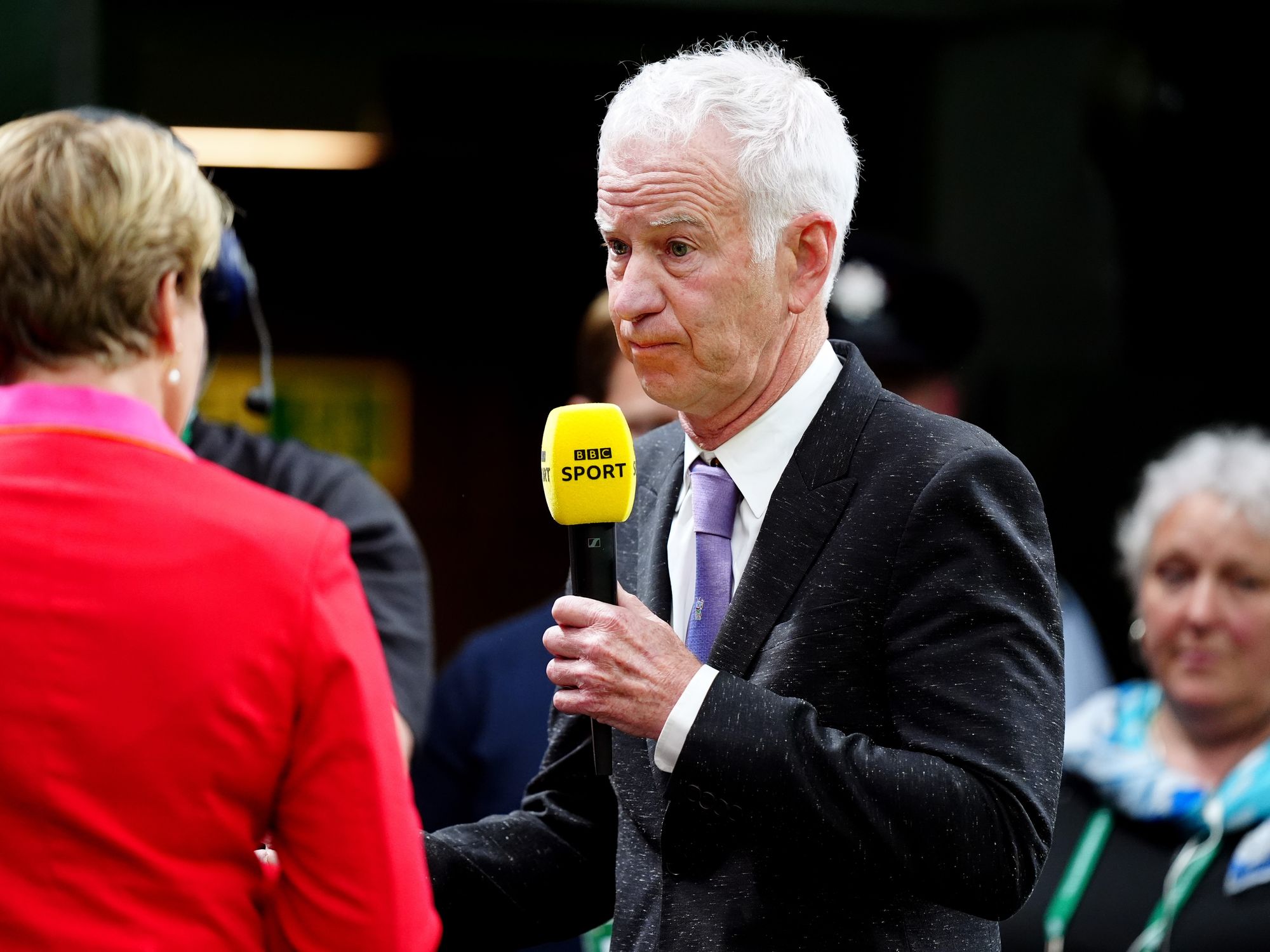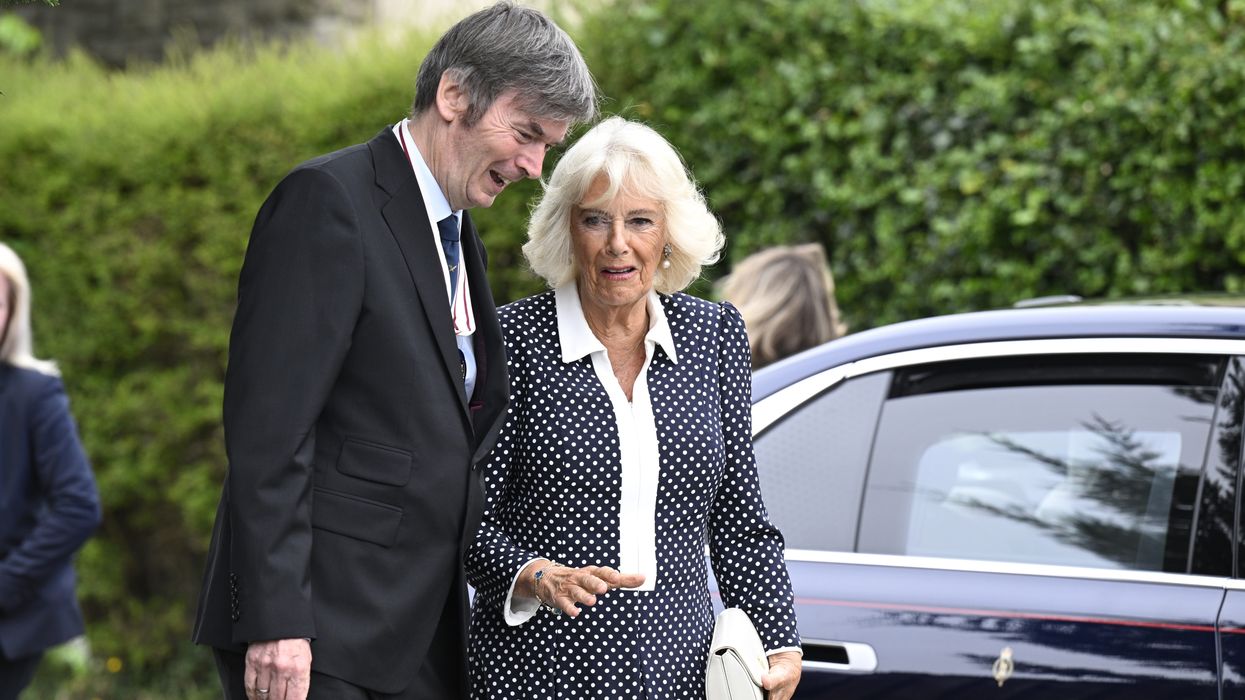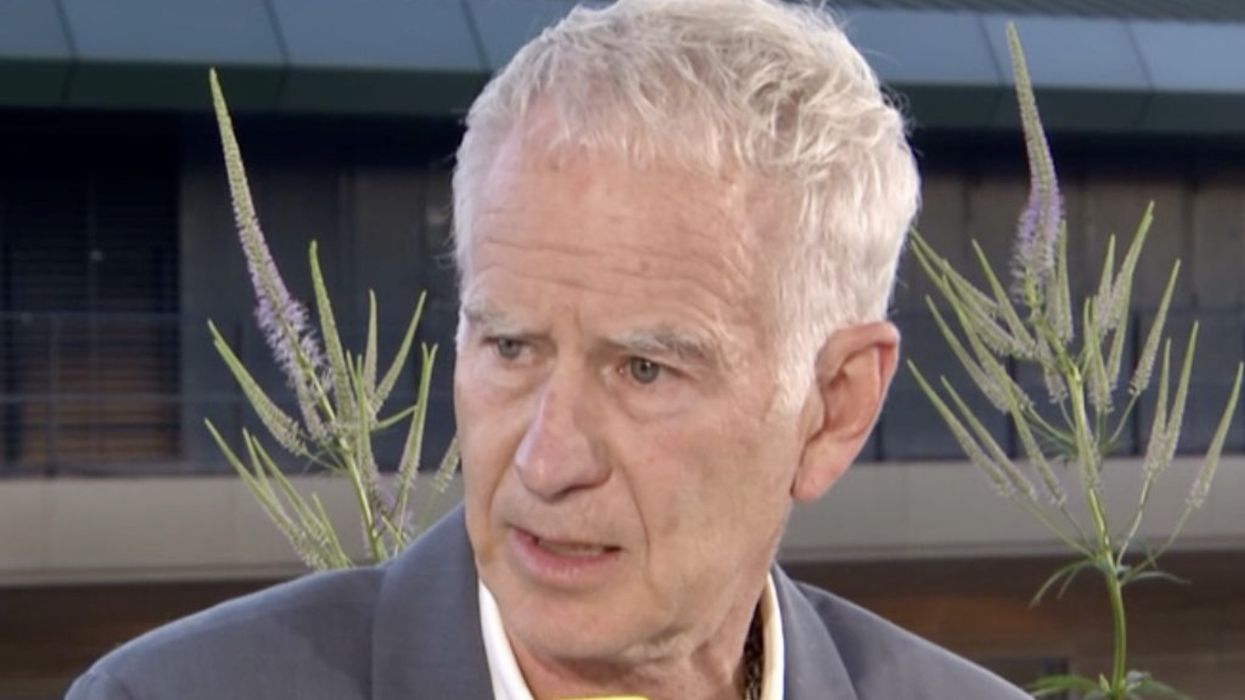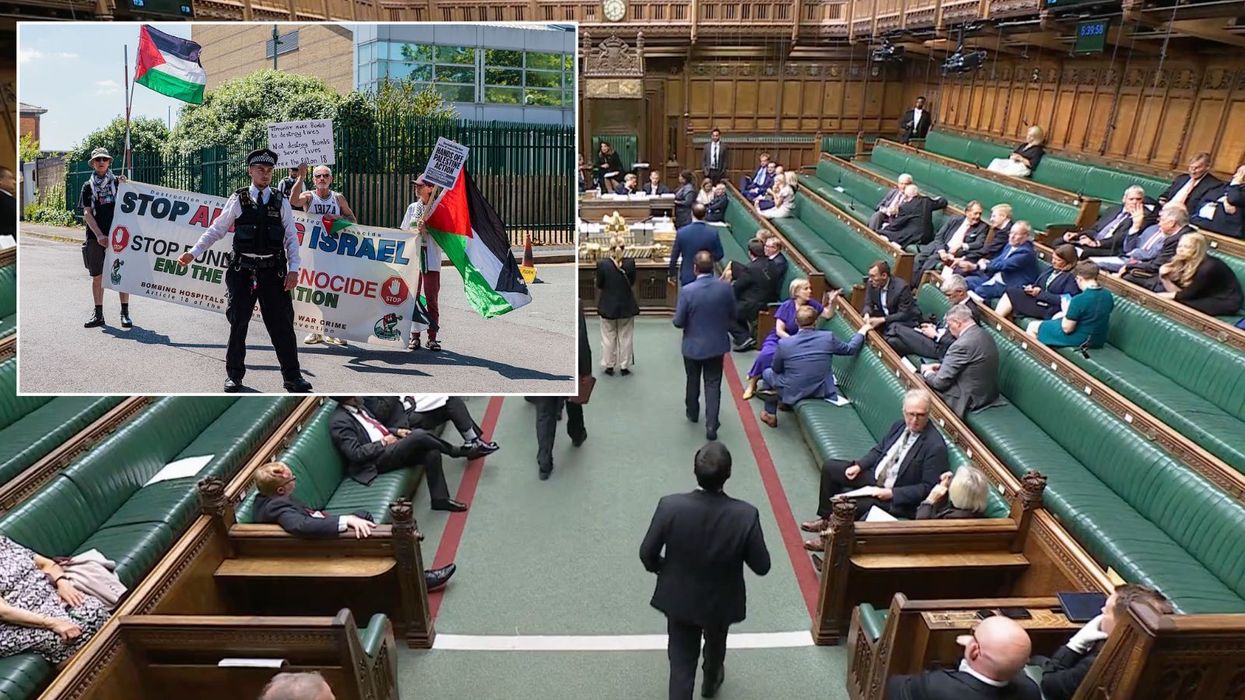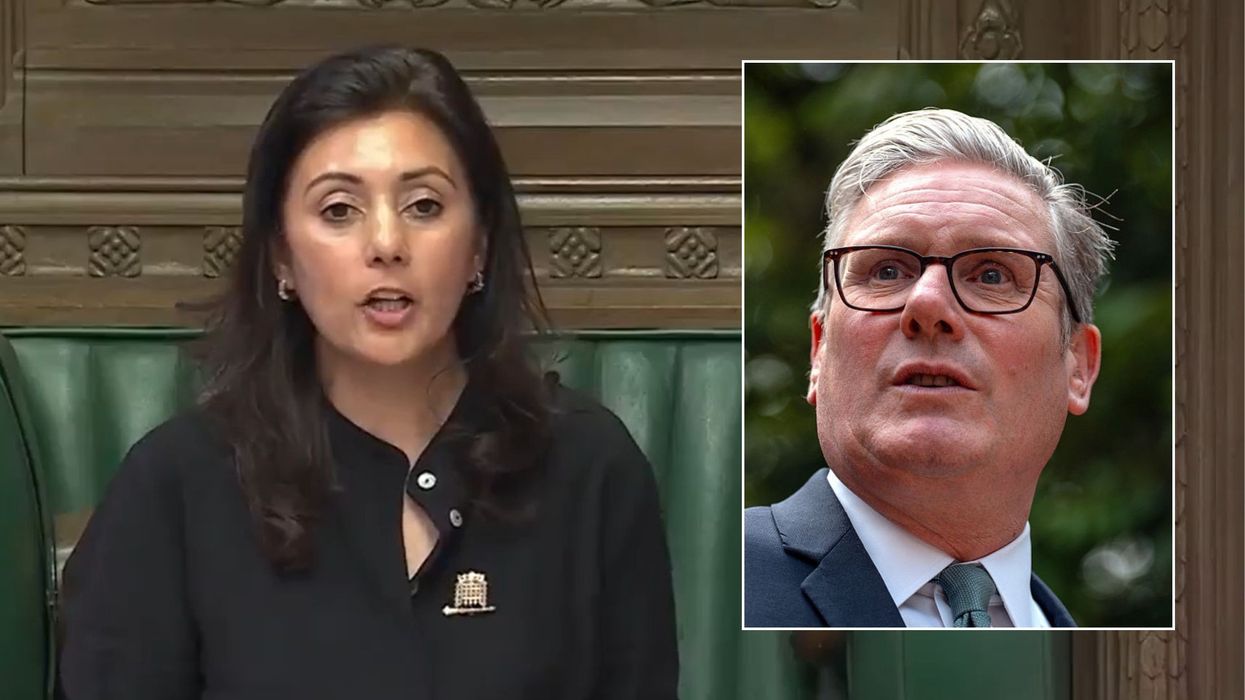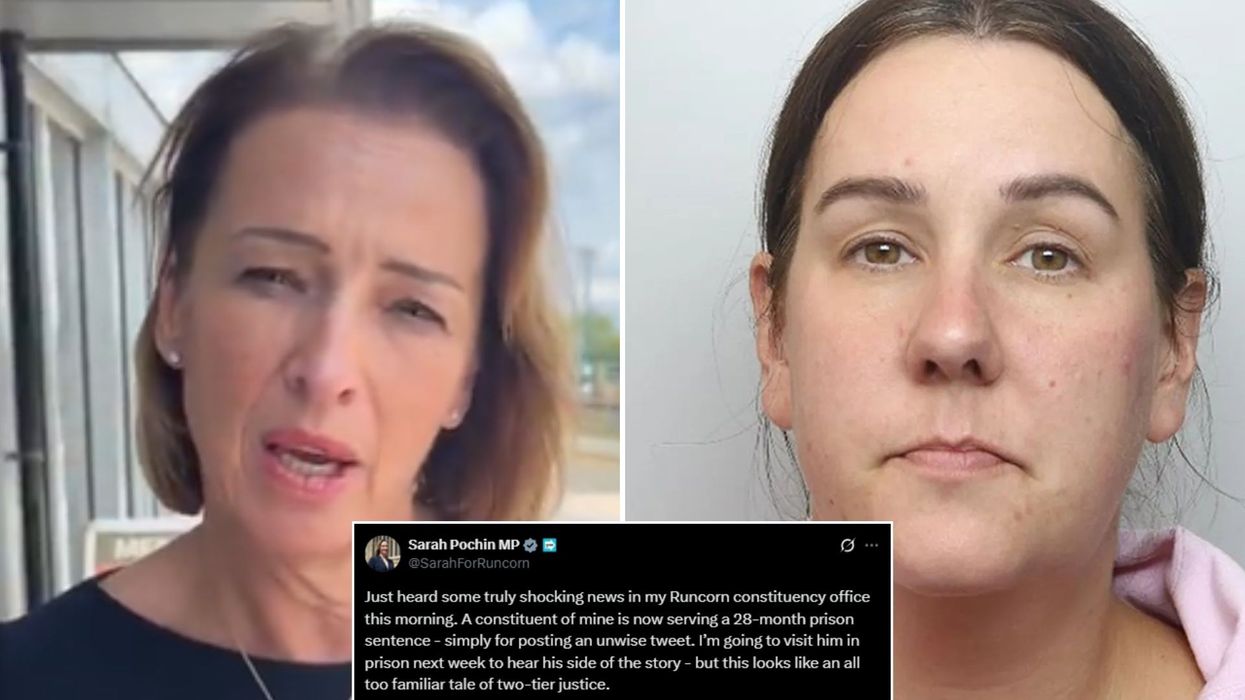'The economic case for mass immigration is falling apart' - Matt Goodwin
GBN
OPINION: Former Tory MP Royston Smith argues councils should be trimmed down to save taxpayers the enormous wage and salary bills of bloated staff registers
Don't Miss
Most Read
Whilst I wouldn’t claim to be an expert in every aspect of local government and how it is organised, I do have over 25 years of experience to draw from when it comes to how local authorities operate.
Before becoming an MP, I was a councillor on Southampton City Council, including leading the council, and the Chairman of Hampshire Fire and Rescue Authority.
Local authorities are organised in many ways. Frequently there is duplication and consequently, waste, but those who benefit from the many tiers of local government are unlikely to suggest or accept change willingly.
Councillors don’t want to lose their seats and council officers don’t want to give up their well-paid jobs.
In Hampshire there are 11 borough and district councils, two unitary councils and Hampshire County Council. In addition, there are 264 town and parish councils across the county.
Most have council tax levying powers; all are funded by the local taxpayer, and all have their own costly administration arrangements. They are like an unnecessary selection of small businesses where one larger business would do.
The way councils are structured throughout the UK frequently make no sense and the last Conservative Government did allow some local authorities to merge making bigger more efficient councils.
Cornwall became a unitary council as did Wiltshire, and Bournemouth, Christchurch and Poole councils merged into one larger authority.

Currently, Lambeth council is paying 40 of its staff a salary higher than £100,000 each year, The Times reports
PAFew people know which parish, town, borough or county they belong to for political purposes and most don’t care. They just want their bins emptied, their potholes repaired and the streetlights to work. By cutting bureaucracy and costly headcount taxpayers should expect a better, more efficient service.
Unitary authorities are the most efficient way of administering local services. Southampton City Council is a Unitary Authority, so I have experience of running a council responsible for providing all the city’s local services. I think unitary authorities could go even further and have political oversight for police, fire and some health services.
The Labour Government’s form of devolution addresses some of the duplication and efficiency issues but adds an additional tier of government which I am not in favour of.
Directly Elected Mayor’s will have powers devolved from central and local government. They will be responsible for huge areas and populations and the poor residents will be as confused and under served as ever.
We only need to look at London to see how a directly elected mayor can ride roughshod over local councils and residents.
Sadiq Khan’s obsession with attacking the motorist while knife crime is pretty much out of control demonstrates clearly the conflict and confusion between the responsibilities of a mayor and the local authority.
The cost of London City Hall and everyone who works there is astronomical, and the taxpayers are left picking up the bill for no improvement in the delivery of local services.
LATEST MEMBERSHIP OPINION:
 Sadiq Khan has been knighted as part of the New Year HonoursPA
Sadiq Khan has been knighted as part of the New Year HonoursPAThere is a solution to local government reorganisation, and it is to take waste out, not add it in. Cut the many tiers of council and councillors. Have fewer, bigger councils with more responsibilities, more powers and more money.
There have been some exceptionally run councils and we should be recreating them up and down the country. In Hampshire we had visionary council leaders such as Donna Jones in Portsmouth and Seán Woodward in Fareham.
And Nottingham County Council was until recently led by the remarkable Ben Bradley. These examples should be used as blueprints for how to run councils in England.
The Secretary of State for Housing, Communities and Local Government and Deputy Prime Minister, Angela Rayner, has been brave in announcing these changes and I hope she sees them through.
They are not ideal, but they are radical and that is precisely what a new government with a large majority should be doing. Much better to focus on things that will improve the lives of voters than attacking pensioners, farmers and businesses.





